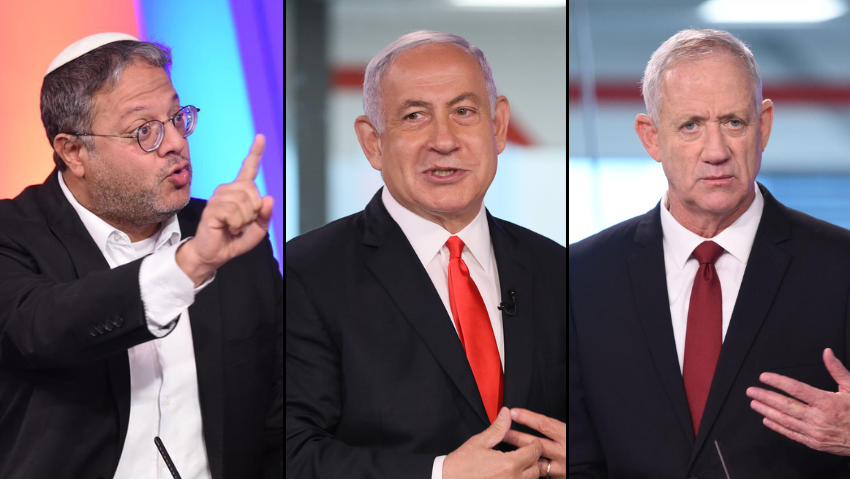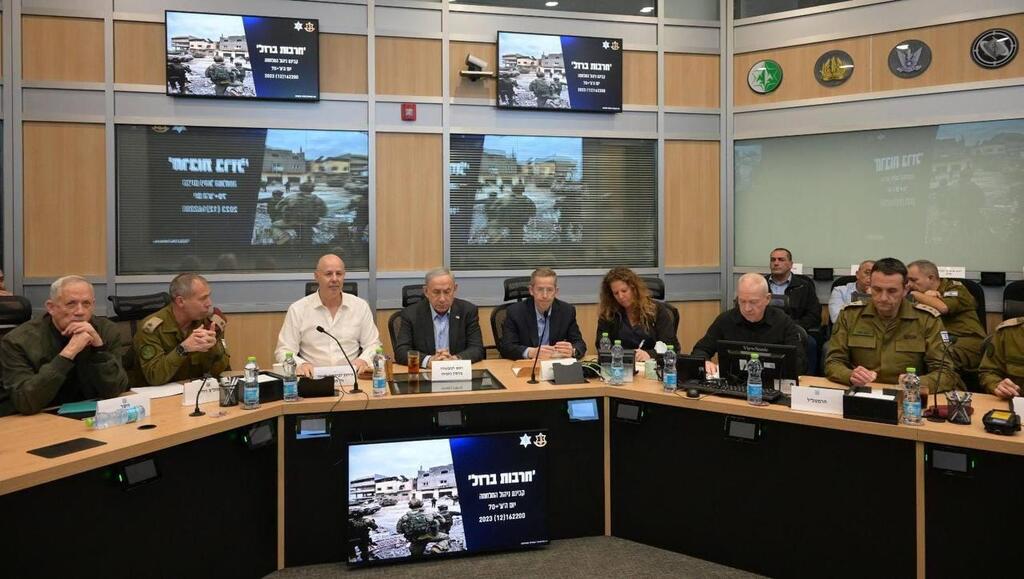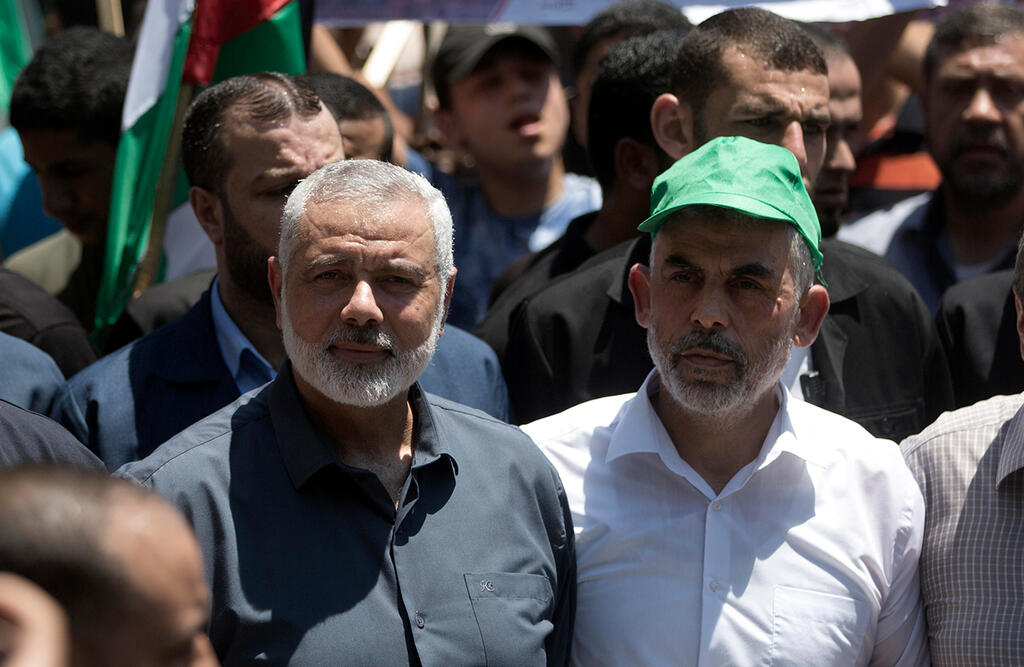Getting your Trinity Audio player ready...
The United States is exerting heavy pressure on Israel to agree to a deal with Hamas for the release of Israeli hostages held in the Gaza Strip, even at a high cost, sources involved in the negotiations told Ynet on Sunday.
Read more:
According to the sources, the Biden administration believes such a deal will lead to an extended cease-fire that could start a domino effect that would culminate in the cessation of Hezbollah aggression along Israel’s northern front and help advance normalization talks between Israel and Saudi Arabia.
Washington aims for an April deadline, believing that normalization between Jerusalem and Riyadh would be unattainable without an extended cease-fire.
The establishment of diplomatic relations with the oil-rich Gulf kingdom could provide Prime Minister Benjamin Netanyahu with grounds to refrain from restarting the war and pursuing Israel’s stated goal of dismantling Hamas’s military capabilities.
Israel’s war cabinet convened on Sunday evening to receive updates regarding the latest developments in Qatari-mediated talks for the release of Israeli hostages.
Netanyahu faces increasing pressure at home, as consenting to a potential deal risks alienating his government's hawkish wing, led by National Security Minister Itamar Ben-Gvir. Conversely, abandoning the prospect of a deal altogether risks losing support from the government's more moderate factions, led by Minister Benny Gantz. Thus, Netanyahu is likely to bide his time as long as possible.
3 View gallery


National Security Minister Itamar Ben-Gvir, Prime Minister Benjamin Netanyahu, Minister Benny Gantz
(Photo: Kobi Koankes, Hadar Yoavian)
However, Hamas, cognizant of the U.S. diplomatic strategy and acting on behalf of Iran, might try to derail the normalization process with Saudi Arabia. Therefore, it's uncertain whether Hamas will respond positively to the proposed framework.
Hamas has yet to officially respond to a blueprint drawn up by the Qataris, who have clarified to Israel that the negotiations regarding the hostage deal are complex but warrant more time.
There is a pronounced disagreement within Hamas between its leadership outside of Gaza, led by the terrorist organization’s politburo head Ismail Haniyeh, and its leadership within Gaza, under terror chief Yahya Sinwar and military commander Mohammed Deif, on whether to accept the offer.
Israel expects Hamas to propose conditions and seek guarantees to end the war, as indicated on Sunday by a spokesperson for the Islamist group.
There is a growing realization among Israeli officials that a temporary humanitarian pause would be the most viable option at this time, doubting the feasibility of its continuation due to the potential release of Palestinian prisoners convicted of serious crimes against Israelis.
This intricate chess game is fraught with uncertainties, but the consensus is that Prime Minister Netanyahu is likely to push forward with the deal, understanding it as the key to normalization with Saudi Arabia, since the Saudis would not agree to be seen with him in public on the White House lawn while the war rages on.





